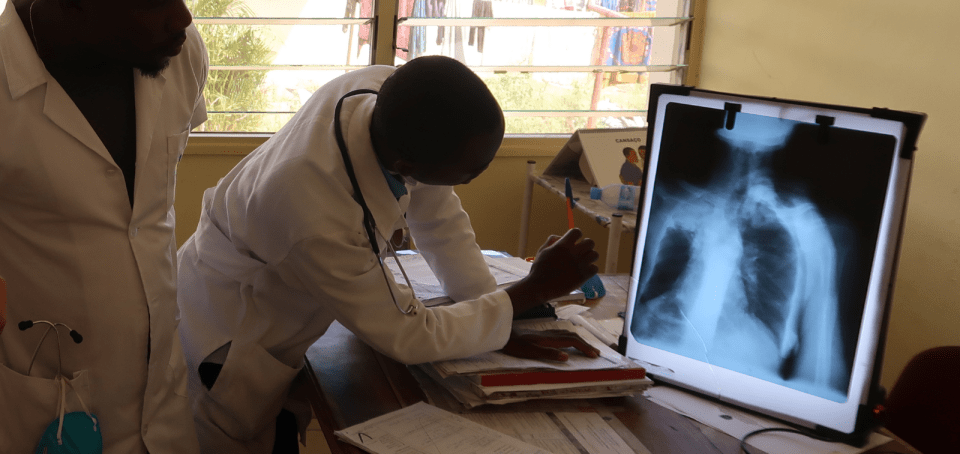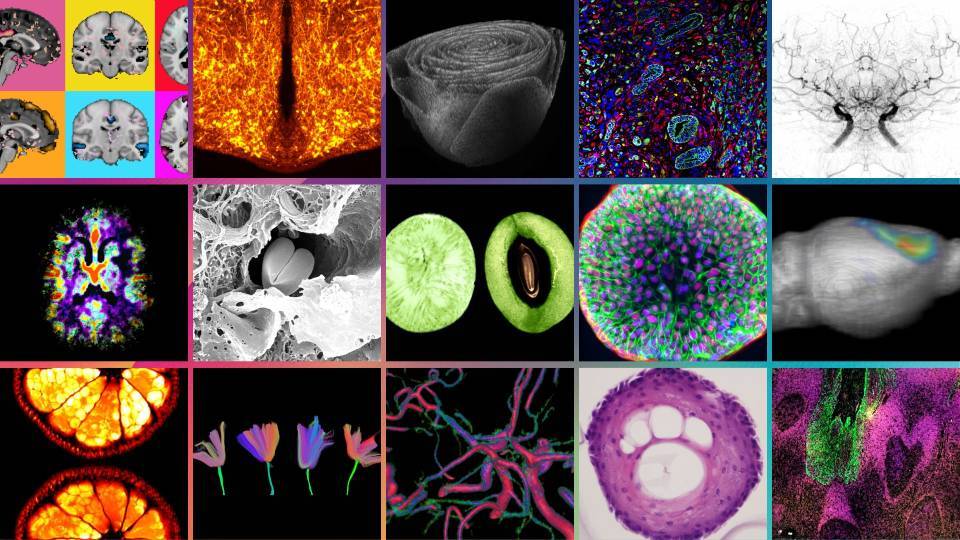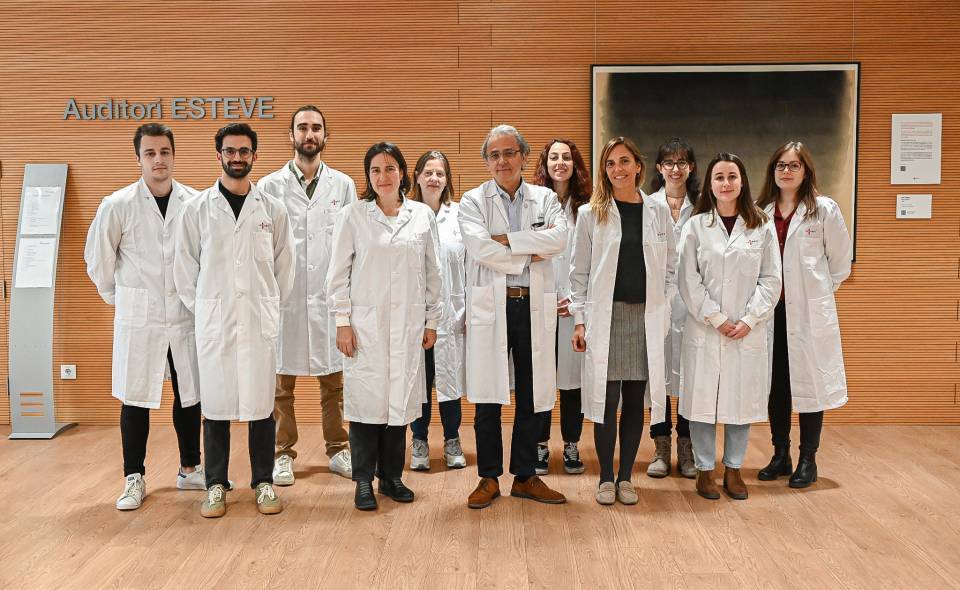Dr. Josep M. Llovet, ICREA Professor at IDIBAPS, where he is head of the Translational research on hepatic oncology group and director of the Liver Cancer Program at the Icahn School of Medicine at Mount Sinai, New York, coordinated the two studies published in Nature Reviews Disease Primers and Nature Reviews Gastroenterology & Hepatology.
Liver cancer is still a challenge in health care and is the fourth cause of death from cancer in the world; it is estimated that there will be more than a million cases in 2025. Hepatocellular carcinoma is the most common type of liver cancer and represents 90% of all diagnosed cases.
Infection with the hepatitis B or C viruses are the main risk factor for HCC, although nonalcoholic steatohepatitis, known as fatty liver disease, associated with metabolic syndrome or diabetes, is becoming a major trigger of the disease.
The latest advances in screening, diagnosis, and treatment of the disease
The article published in the journal Nature Reviews Disease Primers, provides an update on new information on the pathogenesis and management of HCC, from diagnosis and screening of the disease to new treatments and the role of biomarkers and the liquid biopsy.
Although approximately 25% of HCC have potentially treatable mutations, this discovery has not yet made its way into clinical practice due ot the lack of evidence-based studies with response-predicting biomarkers. In this regard, radiologic diagnosis comes up against the need to obtain molecular information on the tumors through liquid or tumor biopsies, which this review promotes.
The review in Nat Rev Disease Primers provides an update on the advances in knowledge of the mechanisms of progression of hepatocellular carcinoma and its treatment. Specifically, it analyzes the contribution of nonalcoholic steatohepatitis in the development of HCC and which molecular and immunologic mechanisms are associated with this growing risk factor. The review provides a summary of the epidemiologic data on HCC and the new diagnostic or screening tools and tools for managing patients.
The authors dedicate the lion’s share of the review to analyzing new molecular therapies (6 already accepted for systemic treatment of HCC) and the role that drug combinations (molecular therapies and immunotherapies) can play in adjuvant treatment, after a surgical intervention, or in the intermediate and advanced stages of the disease. “There has been a revolution in the treatment of advanced hepatocellular carcinoma in the past 10 years. In 2007, sorafenib was approved as principal treatment for HCC and now, in 2020, a study has been published that shows that the combination of two monoclonal antibodies, bevacizumab and atezolizumab, is superior to sorafenib in the first-line treatment of advanced HCC”, explained Josep M. Llovet, adding that “this has changed the way we manage the disease and will also have repercussions on treatment in other stages of this type of liver cancer”.
Locoregional treatment of hepatocellular carcinoma
The article in Nature Reviews Gastroenterology and Hepatology reviews all the locoregional therapies used in HCC in the initial and intermediate stages. This type of therapy involves locoregional treatments aimed at the tumor and guided by imaging. These therapies are used, overall, in between 50% and 60% of cases of this cancer.
For 15 years, the standard therapies have been radiofrequency ablation, in initial nonsurgical stages, and chemoembolization, for patients in intermediate stages.
Some 20 phase-III clinical trials have been performed in this area, analyzing the use of other therapies (for example, ablative treatment using microwaves, or radioembolization), but the two standard treatments have not been surpassed. “Current phase-III trials are looking at improving the efficacy of locoregional treatments by means of combination with systemic treatments using immunotherapy”, said Dr. Llovet. “In the coming years, we will see a major change in the management of patients in initial and intermediate stages, as these trials evaluating combinations may lead to a significant clinical benefit”, he concluded.
Article references:
Llovet JM, Kelley RK, Villanueva A, Singal AG, Pikarsky E, Roayaie S, Lencioni R, Koike K, Zucman-Rossi J, Finn RS.Nat Rev Dis Primers. 2021 Jan 21;7(1):6. doi: 10.1038/s41572-020-00240-3.
Locoregional therapies in the era of molecular and immune treatments for hepatocellular carcinoma.
Llovet JM, De Baere T, Kulik L, Haber PK, Greten TF, Meyer T, Lencioni R.Nat Rev Gastroenterol Hepatol. 2021 Jan 28. doi: 10.1038/s41575-020-00395-0.




